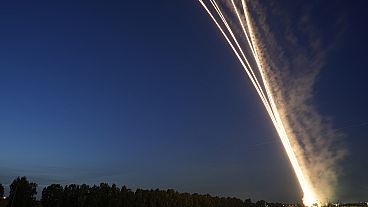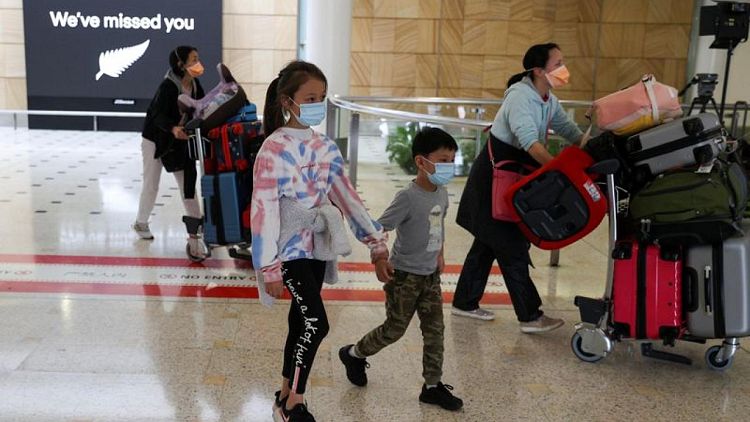By Jamie Freed and Renju Jose
SYDNEY -New Zealand will pause its quarantine-free travel arrangement with Australia for at least eight weeks starting Friday night, Prime Minister Jacinda Ardern said, as Australia fights an outbreak of the highly infectious Delta virus variant.
"We've always said that our response would evolve as the virus evolved. This is not a decision we have taken lightly, but it is the right decision to keep New Zealanders safe," Ardern told reporters in Auckland.
The "travel bubble" had already been paused for travellers to and from New South Wales, Victoria and South Australia.
The bubble was a rare two-way quarantine-free arrangement in Asia, where countries have kept their borders mostly closed during the pandemic. Plans for a Singapore-Hong Kong bubble have been delayed several times.
Demand for flights between Australia and New Zealand has been more subdued than anticipated since the bubble opened on April 19.
Scheduled airline capacity between Australia and New Zealand this month is about 44% of 2019 levels, according to data from aviation analytics firm Cirium, well below initial forecasts of more than 70%.
Air New Zealand Ltd and Qantas Airways Ltd have been the only operators on the route, and several pauses in the bubble because of small outbreaks dented consumer confidence.
The travel bubble had been launched as test-free as well as quarantine free, but New Zealand this month introduced a testing requirement that made it more costly for Australians to visit.
Air New Zealand said the suspension of the travel bubble was expected to have a short-term operational and financial impact on its business.
The New Zealand government said for the next week there will be return flights for New Zealanders from all Australian states and territories that will require proof of a negative pre-departure test. Passengers arriving from Sydney will be required to spend two weeks in government-managed quarantine.
Qantas and Air New Zealand said that starting July 31, most Australia-New Zealand services would be cancelled, and that they would maintain a small number of flights for essential travel and freight.


